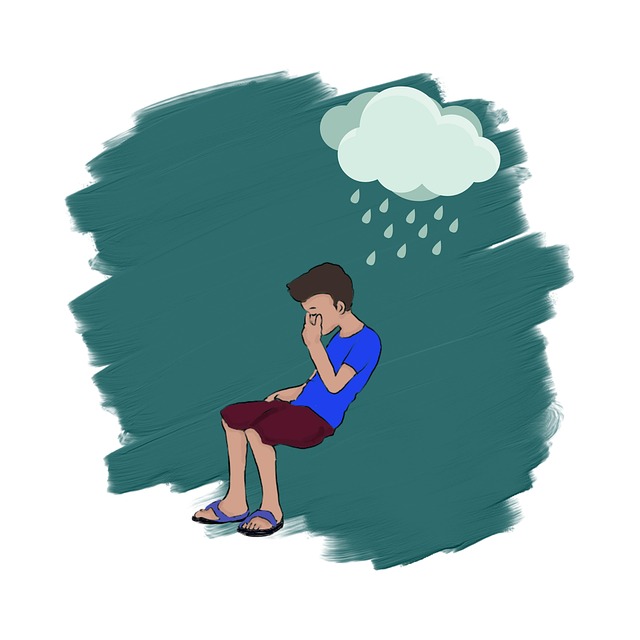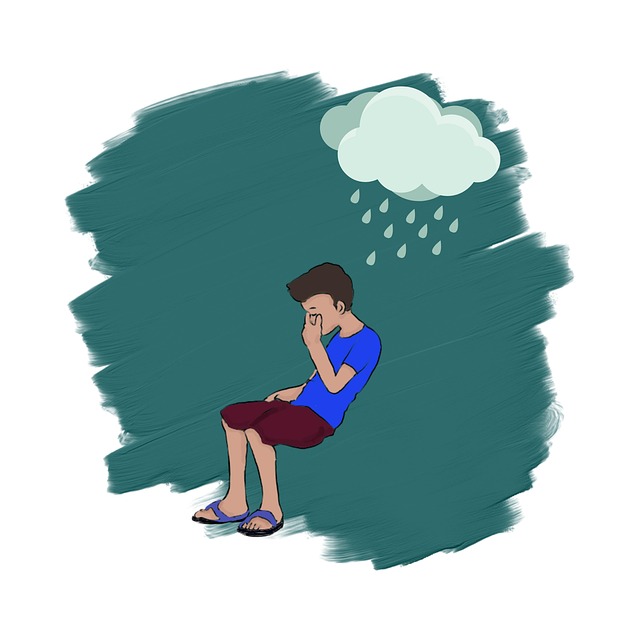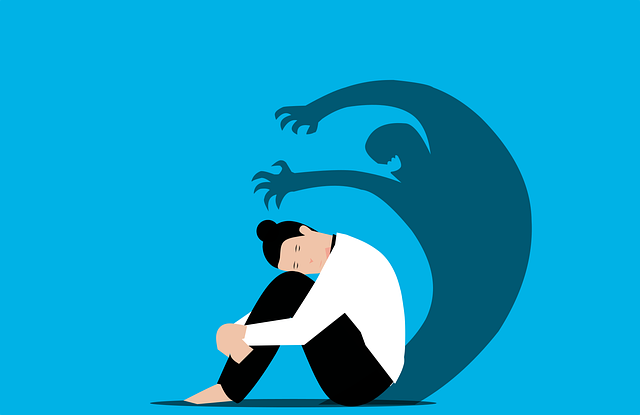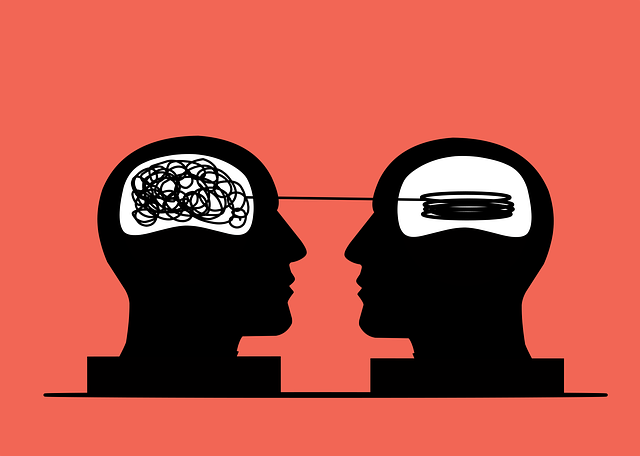Chronic pain among adolescents significantly impacts daily life and mental wellness, requiring a multifaceted therapy approach. Mental wellness apps offer accessible, discreet support through evidence-based practices like mindfulness and cognitive behavioral therapy (CBT). For effective management, these apps should incorporate tailored interventions addressing physical and psychological aspects of chronic pain, foster peer connections, and advocate for mental health policy changes. Privacy, ethics, and targeted marketing are crucial for success, ensuring trust and promoting evidence-based therapy while humanizing the app's benefits.
Mental wellness apps are gaining prominence as tools to support adolescent teens suffering from chronic pain. This article delves into the multifaceted approach to developing effective digital solutions, addressing both the causes and impact of chronic pain in this demographic. We explore the role of mental wellness apps in providing targeted relief, discuss key design considerations for therapy features, and examine ethical, privacy, and marketing aspects crucial for app success. By understanding these elements, developers can create innovative therapy options for adolescent teens with chronic pain.
- Understanding Adolescent Teen Chronic Pain: Causes and Impact
- The Role of Mental Wellness Apps in Youth Support
- Designing Effective Therapy Features for Targeted Relief
- Privacy, Ethics, and Marketing Considerations for App Success
Understanding Adolescent Teen Chronic Pain: Causes and Impact

Chronic pain among adolescent teens is a growing concern, often stemming from various factors such as injuries, neurological conditions, or underlying medical issues. This persistent discomfort can significantly impact their daily lives, affecting their ability to participate in normal activities and social interactions. Many teenagers struggle silently, which may lead to increased anxiety relief needs and a decline in overall mental wellness.
Understanding the causes and effects of chronic pain in this demographic is crucial. It often requires a multifaceted approach for effective therapy, including addressing physical symptoms and providing support for their emotional well-being. Healthcare provider cultural competency training can play a vital role in recognizing and catering to the unique needs of adolescent teens. Additionally, social skills training may aid in rebuilding confidence and fostering connections, which are essential aspects of their overall development and recovery journey.
The Role of Mental Wellness Apps in Youth Support

Mental wellness apps have emerged as powerful tools to support young individuals dealing with various challenges, including chronic pain and mental health issues prevalent among adolescent teens. These digital platforms offer accessible and often discreet avenues for care, filling a significant gap in traditional youth support systems. With many teens experiencing social anxiety or struggling to access professional therapy due to costs or availability, apps provide an alternative solution.
By integrating evidence-based practices such as mindfulness exercises, cognitive behavioral therapy techniques, and resilience-building activities, mental wellness apps cater to the unique needs of adolescents. Features like personalized meditation guides, mood tracking tools, and peer support communities foster self-awareness and coping strategies for managing stress and chronic pain. Moreover, these apps can serve as an extension of Burnout Prevention Strategies for Healthcare Providers by encouraging teens to take proactive measures for their mental well-being and offering a sense of agency in navigating their health.
Designing Effective Therapy Features for Targeted Relief

When developing a mental wellness app with a focus on therapy for adolescent teens experiencing chronic pain, it’s crucial to incorporate features that address specific needs. Effective therapy within this context should involve tailored interventions targeting both the physical and psychological aspects of chronic pain. For instance, incorporating mindfulness exercises and cognitive behavioral therapy (CBT) techniques can empower users with stress reduction methods to manage their symptoms better. These practices have been shown to be beneficial in navigating the challenges associated with chronic pain during adolescence.
Furthermore, integrating community outreach program implementation within the app can foster a sense of belonging and support. Peer connections are vital for adolescents dealing with chronic pain, as they offer understanding and shared experiences. A well-designed mental wellness app could facilitate this through online forums or groups, encouraging users to connect, share coping strategies, and provide mutual encouragement. This not only enhances social integration but also contributes to the development of a supportive network around mental health advocacy, including raising awareness and promoting policy changes, such as those outlined in a Mental Health Policy Analysis and Advocacy study.
Privacy, Ethics, and Marketing Considerations for App Success

Privacy, ethics, and marketing are paramount for the success of mental wellness apps, especially when catering to vulnerable populations like adolescent teens suffering from chronic pain.
Firstly, ensuring patient data privacy is non-negotiable. Apps must comply with strict data protection regulations to build trust with users. Transparency about data collection practices, secure storage measures, and user control over information are essential. Furthermore, ethical considerations extend beyond privacy. App developers must responsibly guide users towards evidence-based therapy for adolescent teens chronic pain, avoiding unproven or potentially harmful practices.
Marketing plays a crucial role in reaching the right audience. Focusing on compassion cultivation practices and resilience building can humanize the app and appeal to teens experiencing chronic pain. Highlighting successful user stories (with consent) and emphasizing the app’s ability to foster support networks can further enhance marketing efforts, ensuring the app stands out as a valuable resource for navigating this challenging condition.
Mental wellness apps have the potential to revolutionize therapy for adolescent teens chronic pain by offering accessible, targeted relief. By understanding the causes and impact of this issue, developers can design effective features that cater to the unique needs of young users. However, success hinges on addressing privacy concerns, ethical considerations, and strategic marketing, ensuring these apps provide genuine support while navigating the digital landscape.














